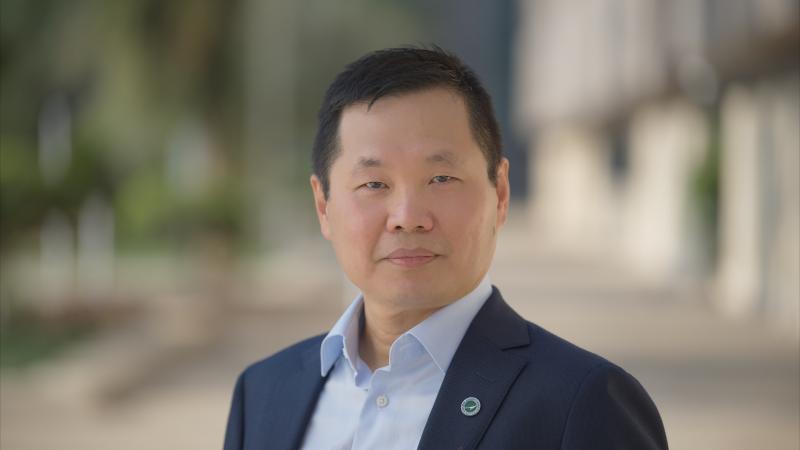Abstract
Monolithic integration of quantum dot (QD) gain materials onto Si photonic platforms via direct epitaxial growth is considered as the ultimate solution for on-chip light sources. However, material dissimilarities between III-V and Si result in high crystal defect density within the III-V device layers. Recent developments in defect management have facilitated the demonstration of superior device reliability in blanket hetero-epitaxy of III–V devices on Si at elevated temperatures. Yet, thick defect management epi designs prevent vertical light coupling from the gain region to the Si-on-Insulator waveguides. To overcome this, we demonstrate the first electrically pumped QD lasers grown by molecular beam epitaxy on a 300mm patterned (001) Si wafer with a butt-coupled configuration. Unique growth and fabrication challenges imposed by the template architecture have been resolved, contributing to continuous wave lasing with a maximum double-side output power of 126.6mW at 20 °C and a wall-plug efficiency of 8.6%. The potential for robust on-chip laser operation and efficient low loss light coupling to Si photonic circuits makes this heteroepitaxial integration platform on Si promising for scalable and low-cost mass production.
Brief Biography
Dr. Chen Shang received the B.S. degree in Materials Science and Engineering from Purdue University in 2016, and the Ph.D. degree in Optoelectronics Materials from Prof. John Bowers group at University of California, Santa Barbara, in 2022. His main research focus is epitaxial growth of quantum dot lasers on Si for realizing monolithic integration of on-chip light source for silicon photonics with molecular beam epitaxy technique. His currently a Post-Doctoral Researcher associated with the Institute for Energy Efficiency and the Quantum Foundry at University of California Santa Barbara. Utilizing such quantum dots for single/polarization entangled photon sources and integrated quantum photonics are of his future research interest.
